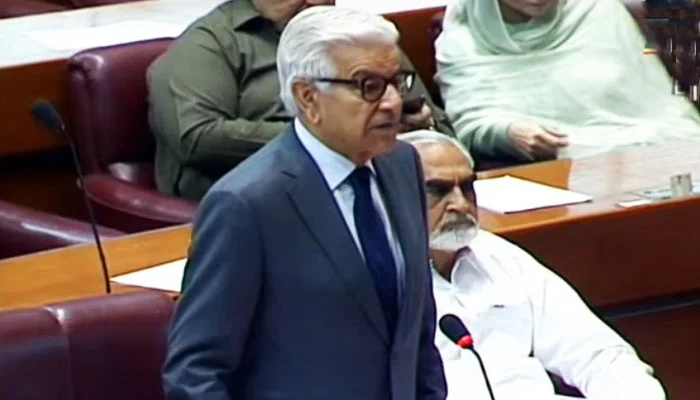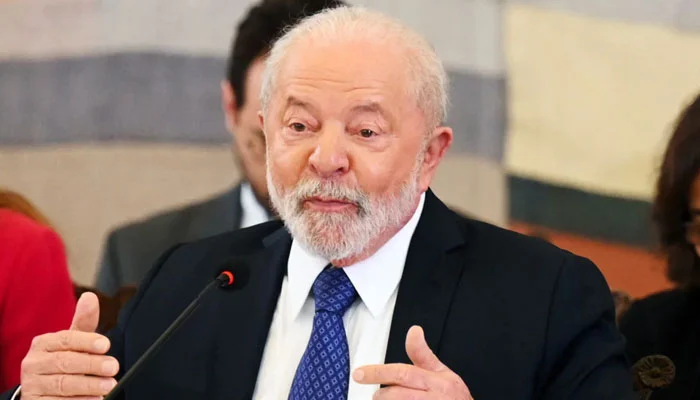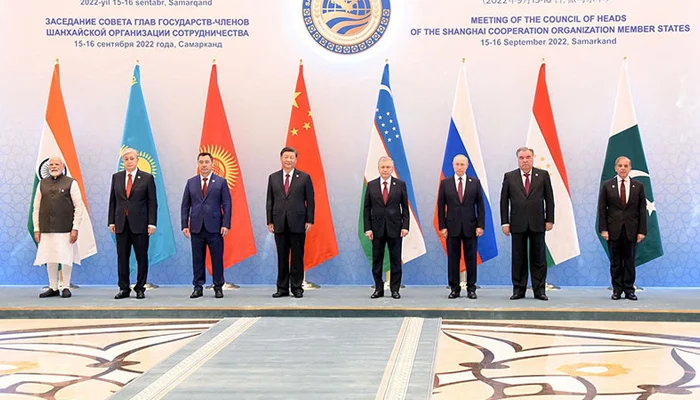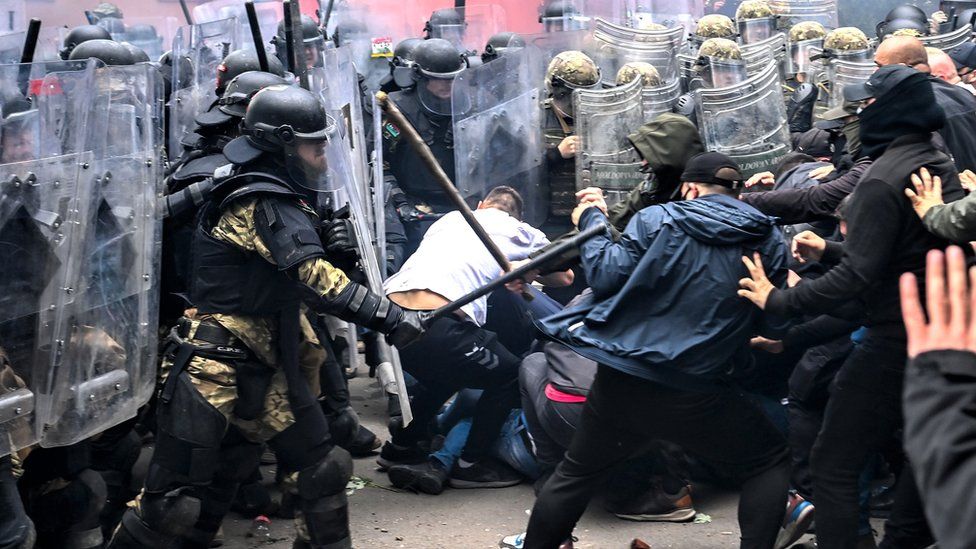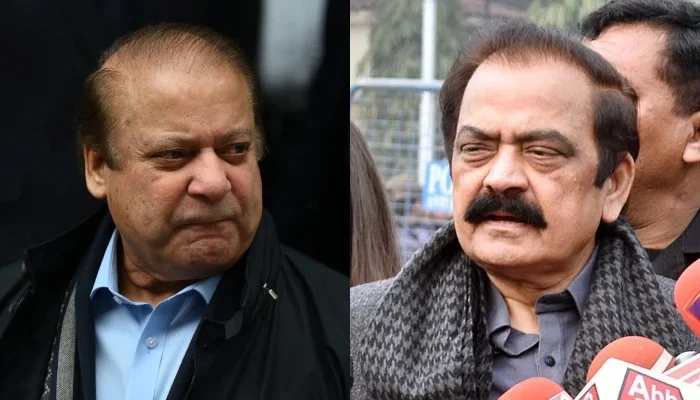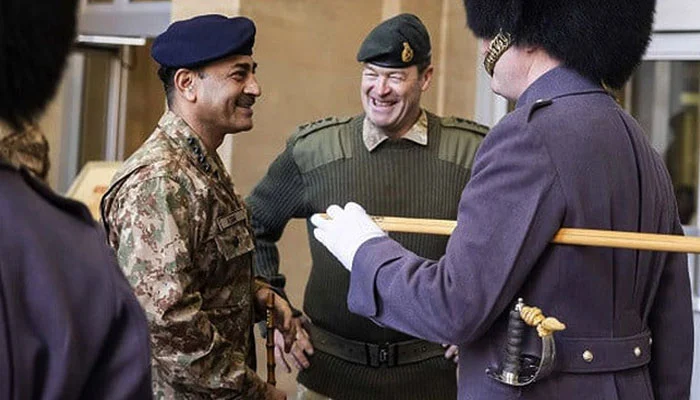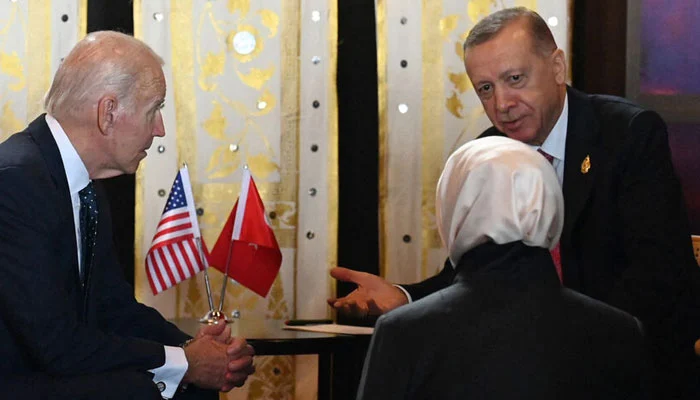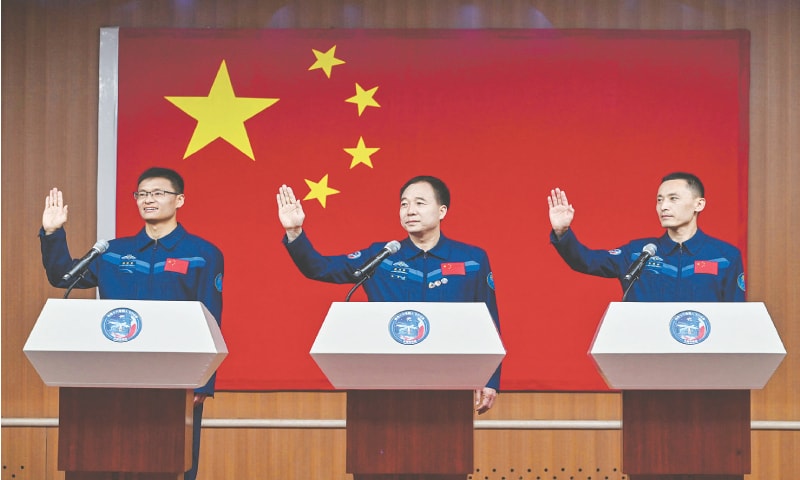Defence Minister Khawaja Asif on Tuesday excoriated Chief Justice of Pakistan (CJP) Umar Ata Bandial for his inclusion in the five-member larger bench to hear petitions against the inquiry commission probing audio leaks involving judges.
“Parliament will retaliate if its authority is challenged and if our writ comes under attack, the house will counterattack,” the defence minister told the top judge while speaking in the National Assembly.
He said that the government had formed a commission and it was stopped from operating by the chief justice. “The judiciary cannot dictate the parliament as it is independent,” he added.
“It was expected that the chief justice would leave this matter to the commission as it also involved his mother-in-law,” said the defence minister, who is also a senior leader of the Pakistan Muslim League-Nawaz (PML-N).
Talking about the Arsalan Iftikhar case, he said that the former chief justice Iftikhar Chaudhary had recused himself from the bench at that time and distanced himself from his son’s case.
“If Iftikhar Chaudhary can separate himself from the bench then the incumbent chief justice should also be separated,” he said, adding, “It seems like good traditions are being abandoned.”
Speaking about the Supreme Court (Practice and Procedure) Bill, 2023, the seasoned politician said that the top court took notice of the bill before it even became an act.
“We have not added any outsider inside the commission,” he said, adding, “We want an end to the one-man show in the apex court. We want transparency of justice to be increased as we don’t want any confrontation with the judiciary.”
Judicial commission
A high-powered judicial commission comprising Justice Qazi Faez Isa along with Justice Naeem Akhtar Afghan and Justice Aamer Farooq was tasked on May 20 to probe the audio leaks related to the judiciary.
The commission was tasked to complete the inquiry within 30 days.
Among the multiple audio leaks, the commission will also probe into the veracity of the alleged call between former Punjab chief minister Chaudhry Parvez Elahi and a sitting top court judge as well as another call between CM Elahi and a Supreme Court lawyer over the constitution of an apex court bench.
Subsequently, Pakistan Tehreek-e-Insaf (PTI) Chairman Imran Khan questioned the government for the “deliberate omission” of the terms of reference (TORs) and challenged the formation of the three-member judicial commission on audio leaks.
Babar Awan, the PTI chief’s lawyer and party leader, had filed the plea on his behalf requesting the court to declare the notification for constituting the commission null and void.
Similarly, Supreme Court Bar Association (SCBA) President Abid Zubairi had also challenged the audio leaks commission to summon directing him to appear before the panel in connection with the inquiry.
Law Minister Azam Nazeer Tarar earlier said that the government did not consult CJP Bandial before forming the commission.
In light of these petitions, the Supreme Court stayed the proceedings of the commission and suspended the federal government’s notification of the commission’s constitution.
The order was issued by a five-member apex court bench headed by CJP Bandial and comprising Justice Ijaz ul Ahsan, Justice Munib Akhtar, Justice Syed Hasan Azhar Rizvi and Justice Shahid Waheed.


